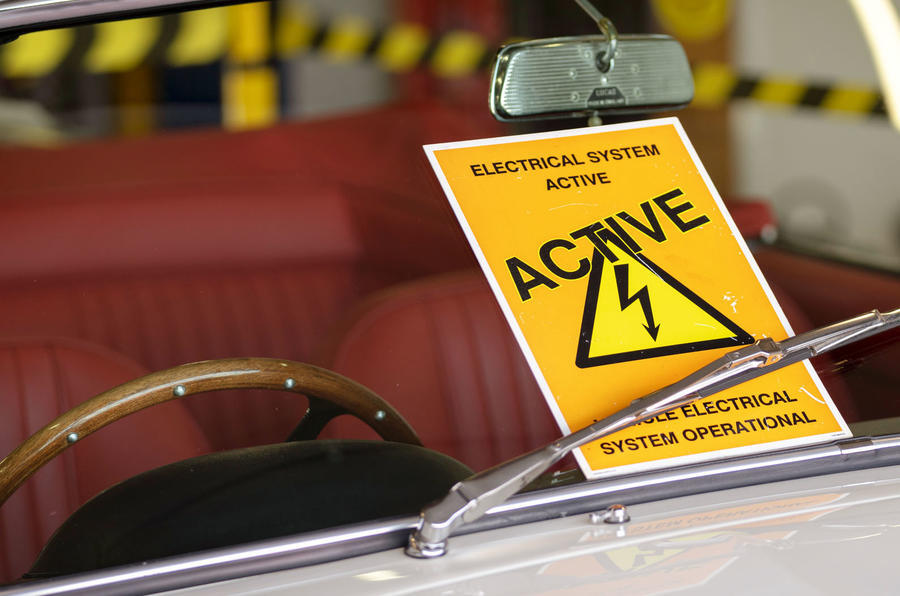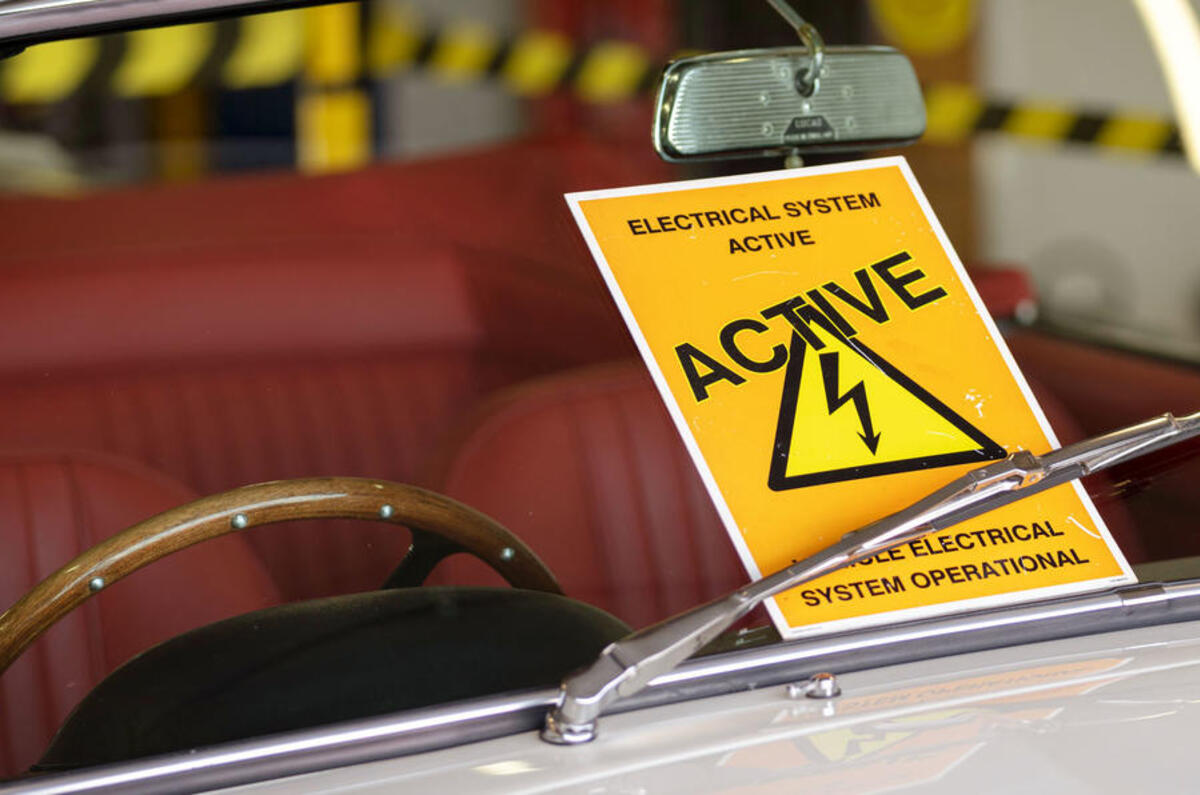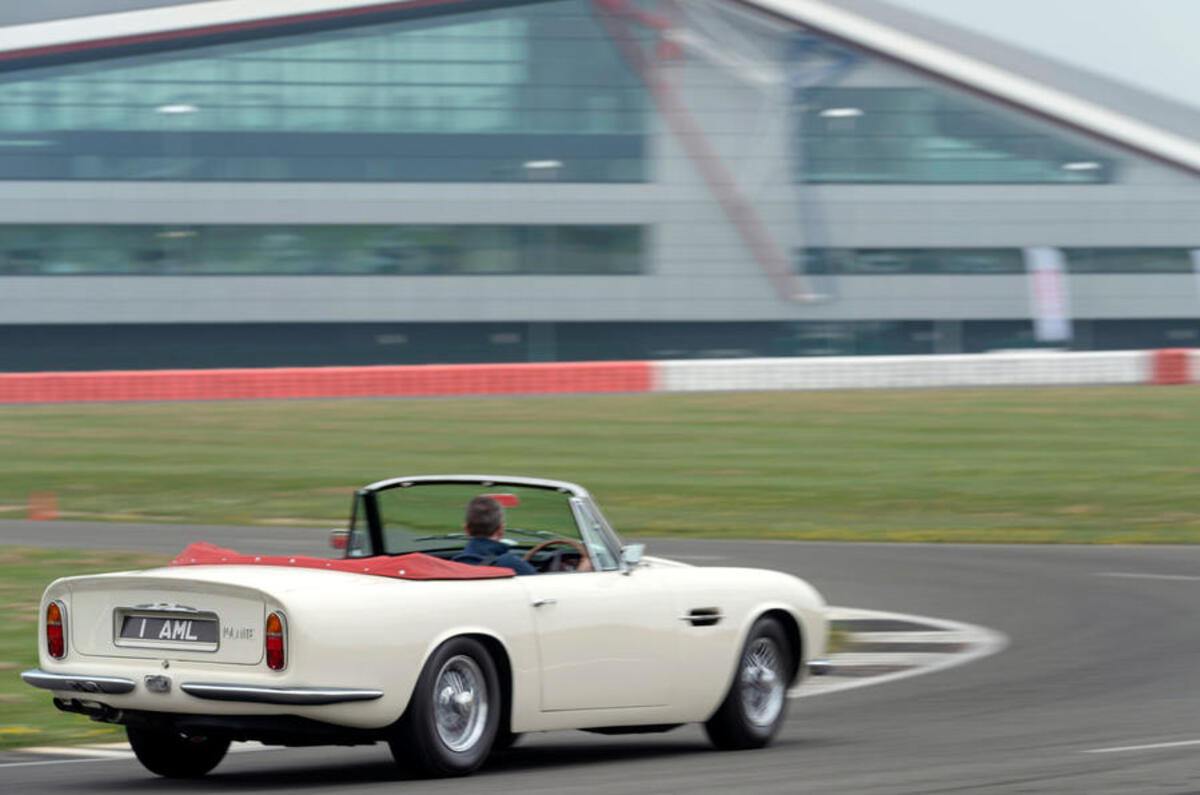A new study will look into ways of giving old electric vehicle (EV) batteries a second life in classic and heritage cars.
The Classic Car Electrification (Cicero) study will focus on deconstructing old batteries to a “modular level” before reassembling their materials for use in EV conversions.
Organisers also intend to develop a digital model that would allow conversion specialists to accurately predict the range and power delivered by a second-hand battery. This would allow performance to be tailored to customers.
The consultancy group behind the study, HSSMI, says the research is needed to combat the 250,000 tonnes of “unprocessed waste” that it expects as a result of EV production by 2027.
The company also cites a 2020 report by The Faraday Institution that suggested the UK could be manufacturing 1.6 million EVs annually by 2040, hastening the need for recycling solutions.
HSSMI believes up to 98% of an EV’s battery pack could be recycled and that battery control modules can be reused to improve efficiency in converted cars. In turn, this should help “avoid balance and weight issues” that would otherwise require “changes to braking and suspension systems”.

Focus will also be given to minimising risk during disassembly and reassembly, making it easier to scale up the process for mass manufacturing in the future.
HSSMI has partnered with Aspire Engineering, PatrimonyEV and Loughborough University to conduct the five-month study, with funding coming from Innovate UK, a non-departmental public body funded by the government.
The study will conclude with a working demonstration of a recycled EV battery operating on a test rig.
READ MORE
Should you electrify your classic car?
Swindon Powertrain offers EV conversion kit for classic Mini
How to put an electric car on your driveway for as little as £900









Join the debate
Add your comment
Being able to break batteries down and recycle their materials is great, but I'm assuming this is for recycling batteries after they have completed their second life use as battery storage? Reuse is better than recycling after all. A BEV battery is considered unsuitable for use once its unable to acheive 70% of its original capacity, but it will still be very usable for storage for many thousand charge cycles in a storage situation (domestic powerwalls for example). Its full life before needing to be recycled could be 20years or more.